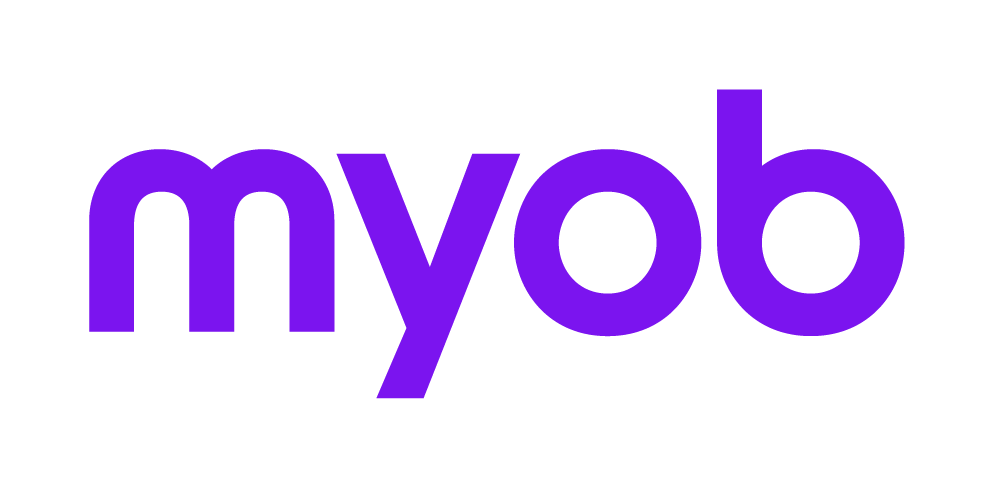IR3 Do you need to file an IR3 return?
If Inland Revenue sent you an IR3 return pack, you must complete the return and send it to Inland Revenue by 7 July 2019, unless you have an extension of time or a non-standard balance date. If you don’t need to file a return but you’d like to talk to someone about your tax situation, you can call Inland Revenue.
To help you work out if you need to file an IR3, go to www.ird.govt.nz and complete the questionnaire “Work out my income tax filing options” or call Inland Revenue on 0800 377 774.
If you received any other income apart from salary, wages, interest, dividends (see further information below), and/or taxable Maori authority distributions, you must file an IR3 return. There are some exceptions. If you received personal service rehabilitation payments and are an ACC client or caregiver (who received payments from the client or ACC), please read IR3 ACC personal services rehabilitation payments.
If you had a workplace injury your employer may manage these payments instead of ACC. If you or your caregiver receives these payments, regardless of who makes them, you’ll need to read IR3 ACC personal services rehabilitation payments.
Other income includes:
self-employed income (see IR3 Children’s exempt income)
over $200 of schedular payments
income derived overseas – calculated taxable income arising from a withdrawal or transfer from foreign superannuation schemes acquired while a non-resident of New Zealand
over $200 in total of:
interest derived overseas (if it’s had tax deducted or not)
dividends of certain Australian resident listed companies and other overseas investments that are not treated as part of foreign investment funds (FIF) income—see IR3 Question 17 Overseas income
income attributed to you from your portfolio investment entity (PIE) where the income had the 0% rate applied, or where you had tax calculated by your PIE at a rate lower than your correct prescribed investor rate (PIR) during the year. If you receive dividends from a PIE that is a listed company and doesn’t use your PIR, you may choose whether to include the dividends in your return. Note the dividends will need to be acknowledged for Working for Families Tax Credits (WfFTC) and/or student loan purposes.
FIF income
rental income
estate, trust or partnership income
royalties
cash jobs or “under the table” payments
income from illegal enterprises
income without PAYE deducted, such as shareholder-employee salary or a claim received under a taxable loss of earnings policy.
You’ll also need to file an IR3 if you:
have losses to claim or brought forward from the previous year
have excess imputation credits brought forward from the previous year
left or arrived in New Zealand part-way through the year
are filing a return for a deceased person to the date of death if there is a requirement to file a return for this income year
were declared bankrupt
changed your balance date part-way through the year.
